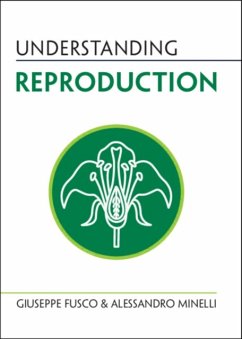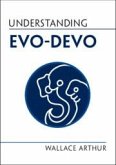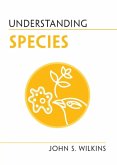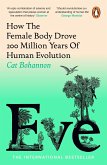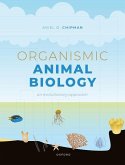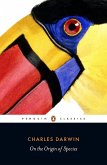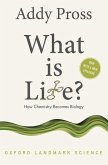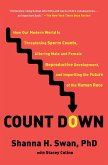Understanding Reproduction offers a broad perspective on the phenomena of sex and reproduction. Written in an accessible and easy to digest style and featuring an abundance of examples from animals, plants, fungi and microorganisms, this book will appeal to interested general readers, biologists, science educators, philosophers and medical doctors.
Hinweis: Dieser Artikel kann nur an eine deutsche Lieferadresse ausgeliefert werden.
Hinweis: Dieser Artikel kann nur an eine deutsche Lieferadresse ausgeliefert werden.
'Fusco and Minelli provide a very clear and accessible overview of the strange and wonderful diversity of reproductive strategies and mechanisms in animals, plants and other organisms. They explain key concepts, define important terms, and place reproductive modes within an ecological and evolutionary context. This book will be a useful reference for biologists, students and even curious non-specialists.' Russell Bonduriansky, University of New South Wales, Australia

